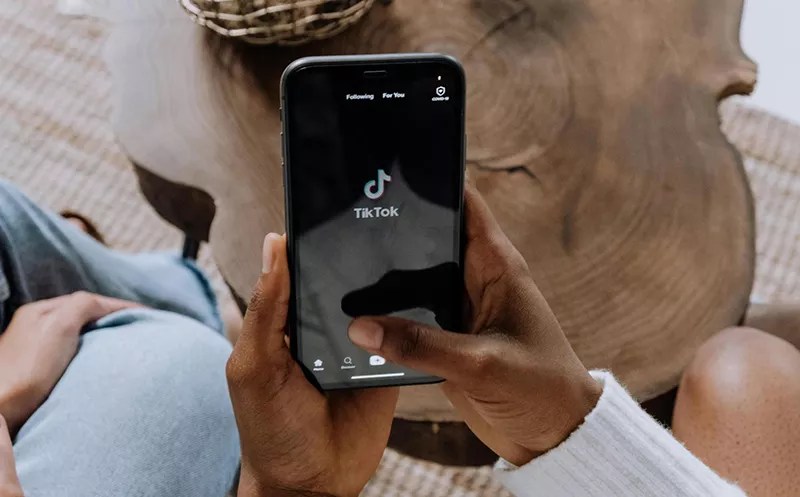
In today’s world, social media is an integral part of our everyday lives. Platforms like Instagram, Facebook, and TikTok offer a way to stay connected with our loved ones and the world around us. However, social media use can have an impact on mental health, both positively and negatively. There are risks linked with the overuse of social media, especially for those who already struggle with anxiety, depression, or addiction.
While social media provides opportunities for connection, in recent years, research has demonstrated a correlation between excessive use and mental health struggles. A 2023 study by the National Institute of Mental Health reported that young adults who spend over three hours on social media have an increased risk of experiencing symptoms of depression and anxiety. Additionally, JAMA Psychiatry found that the overuse of social media can exacerbate feelings of loneliness and low self-esteem.
Understanding how social media impacts our mental health is critical to ensuring we don’t compromise our well-being while online. Here are a few practical tips to balance the benefits of social media with your mental health needs:
Take Frequent Breaks from Social Media
Many of us use social media as an escape from our everyday lives. After a long day, many of us unwind by checking social media and catching up on notifications. However, after prolonged scrolling, you may feel mental exhaustion or irritability. When this happens, it’s important to take a break. While logging off may feel difficult at first, taking social media hiatuses can improve your emotional well-being.
Monitor Your Screen Time
Take an honest look at how often you’re using social media. While you may think it’s only for an hour per day, your screen time tracker can shed light on your habits. If you find that your screen-time is higher than you anticipated, try setting limits on certain apps to regain balance.
Focus on Spending Time with Others
Instead of using social media as your primary source of connection, focus on strengthening real-world relationships. Spend time with family, reconnect with friends, or join a support group. In-person interactions can help improve your relationships, along with your mental health.
Seek Professional Help
At Cornerstone Healing Center, we recognize the challenges of navigating today’s digital world. That’s why we developed a Virtual Intensive Outpatient Program (VIOP) designed to provide flexible, effective support. Our online mental health programs allow Arizonans to receive professional counseling and group therapy from the comfort of their own homes. This can be beneficial to those who find social interaction overwhelming, face barriers like cost or transportation, or need a program that fits into their schedule. Cornerstone Healing Center also offers a variety of other programs, addressing both substance abuse and mental health challenges. Each program is tailored to fit each patient’s unique needs and foster long-term recovery.
If social media has become a source of stress rather than connection, it may be time to reevaluate its role in your life. At Cornerstone Healing Center, we’re committed to helping individuals take control of their mental well-being. Our VIOP is here to provide guidance, tools, and community needed for a healthier, happier life.
To learn more about our Virtual IOP and take the first step toward healing, please visit their website.


